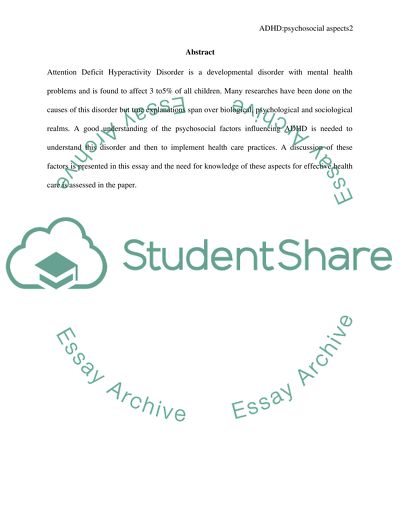Cite this document
(“Attention Deficit Hyperactivity Disorder Essay”, n.d.)
Attention Deficit Hyperactivity Disorder Essay. Retrieved from https://studentshare.org/health-sciences-medicine/1518261-attention-deficit-hyperactivity-disorder-essay
Attention Deficit Hyperactivity Disorder Essay. Retrieved from https://studentshare.org/health-sciences-medicine/1518261-attention-deficit-hyperactivity-disorder-essay
(Attention Deficit Hyperactivity Disorder Essay)
Attention Deficit Hyperactivity Disorder Essay. https://studentshare.org/health-sciences-medicine/1518261-attention-deficit-hyperactivity-disorder-essay.
Attention Deficit Hyperactivity Disorder Essay. https://studentshare.org/health-sciences-medicine/1518261-attention-deficit-hyperactivity-disorder-essay.
“Attention Deficit Hyperactivity Disorder Essay”, n.d. https://studentshare.org/health-sciences-medicine/1518261-attention-deficit-hyperactivity-disorder-essay.


